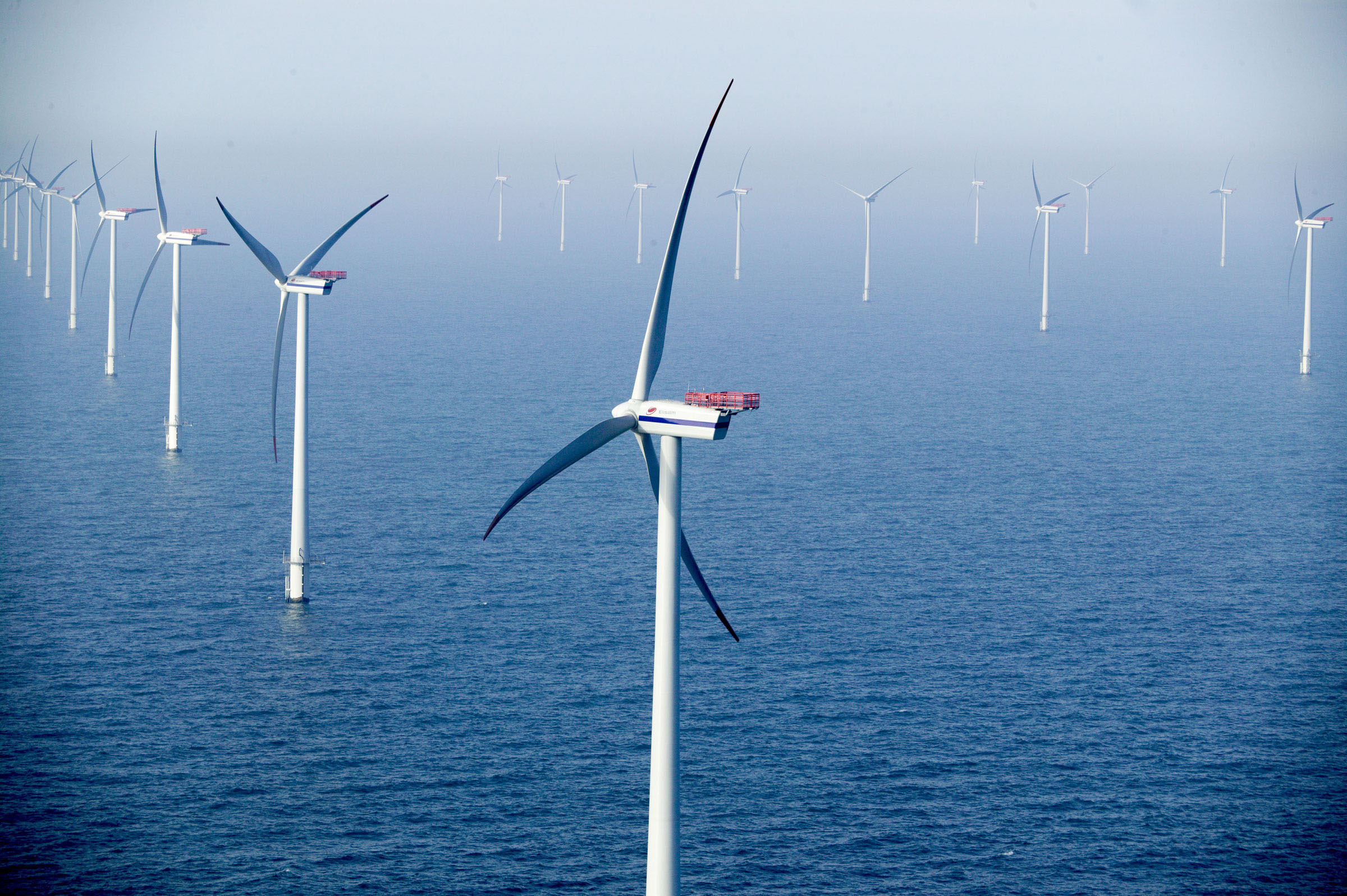Exclusive Q&A On Energy & Natural Resources With Mosby Perrow
Posted: 30th January 2015 11:07
1. Have there been any recent regulatory changes or interesting developments?Yes. One of the more significant regulatory developments that we will be tracking in 2015 is the interplay between the Federal Energy Regulatory Commission (“FERC”) and other federal regulatory agencies such as the U.S. Environmental Protection Agency (“EPA”). For example, the FERC recently announced a series of technical conferences around the United States to address electric reliability, wholesale electric markets and operations, and energy infrastructure in response to EPA’s proposed “Clean Power Plan.” Under the proposed rule, EPA would try to control carbon emissions from existing electric generating units by establishing statewide limits on carbon intensity to reduce national levels of greenhouse gas emissions by 30 percent in 2030 compared to 2005 levels. FERC is charged with protecting electric reliability and ensuring that wholesale electric rates are just and reasonable. The technical conferences will focus on the Clean Power Plan’s potential impact on the reliability of the power grid and the efficient operation of wholesale electric markets.
2. Can you talk us through the current energy and natural resources landscape in your jurisdiction?
All eyes are on the price of crude oil, which in early January, closed below $50 a barrel in the U.S. for the first time in nearly six years. The precipitous drop means broad uncertainty, potential problems for some, and potential opportunities for others. It is no secret that there has been a revolution in gas and oil production in the United States in places like North Dakota, Texas, and Appalachia. Shale fields in these regions and new and proposed new pipelines constructed to service those fields have been driving so much growth over the past few years. This year has the potential to be turbulent.
3. What markets currently provide the best opportunities?
If there is a prolonged decrease in the price of oil, those with a strong balance sheet will have opportunities to acquire distressed assets and companies and there will be other investment and financing plays. On a different note, one of the big headlines in North America has been Mexico’s sweeping energy reforms. The new legal framework stripped Pemex’s control over all aspects of exploration, extraction, production, transportation, storage and refining of oil and natural gas in Mexico. Already, there have been openings for foreign companies to participate. For example, natural gas pipeline companies are competing for opportunities to build infrastructure from the United States to Mexico and within Mexico to fuel Mexico’s economy.
4. What challenges is the sector currently facing?
Before the drop in oil prices, I would have answered this question by focusing on regulatory challenges. For example, the FERC conducts a review under the National Environmental Policy Act when it certificates interstate pipeline projects under the Natural Gas Act. Recently, stakeholders successfully challenged FERC’s decision to analyze the environmental impact of several segments of a project separately rather than looking at the cumulative impact of all segments combined. Such challenges delay projects and increase costs. Notwithstanding such regulatory challenges, currently capital markets look to be the greater challenge facing the sector in the coming months.
5. What can new markets entering into shale gas production learn from established projects such as those in the United States?
Conventional wisdom is that a key ingredient to successful shale production is a well-established system of private property and mineral rights. My understanding is that, unlike the United States, mineral rights in many places around the globe default to the state rather than the land owner. Farmers and ranchers in the United States who are sitting on shale reserves have a financial incentive to invite drilling and production on their land because they get a cut. This not only benefits the landowners, but the local economies where they live and work.
6. Are there any renewable or alternative energy sources that can emulate the success of the shale gas boom?
I think it would be foolish to answer no to this question. Technology always seems to unlock new and unexpected ways of producing energy more efficiently and at lower costs. This has been true in the oil and gas fields and will continue to be true in the renewable energy space.
Mosby Perrow represents clients in the energy industry on transactional and regulatory matters. He focuses on regulatory counseling, drafting and negotiating documents such as precedent agreements, and administrative litigation. Mosby’s clients range from natural gas pipelines to electric utilities to renewable energy developers to investors focused on the energy space. He practices regularly before the Federal Energy Regulatory Commission on rate proceedings, asset acquisitions and divestitures, and enforcement matters.
Prior to joining Jones Day, Mosby worked as an attorney-advisor for the Office of General Counsel at the FERC. There he worked on key orders and rules regarding FERC’s open access reform, issues arising out of the organized electric markets, transmission incentive rates, and mergers and acquisitions.
Mosby is an active member of the Energy Bar Association, serves on the EBA Houston Chapter Board of Directors, and co-chairs the EBA Programs and Meetings Committee. He also serves on the Advisory Board for the Institute for Energy Law, a division of the Center for American and International Law. Mosby has chaired other EBA committees in the past, including the Finance and Transactions Committee, and also served on the editorial board for Energy Law360.




Comments